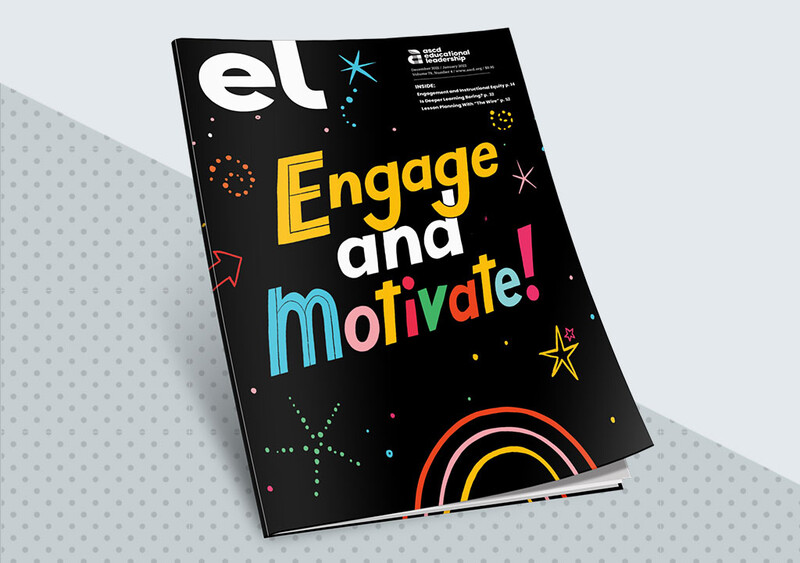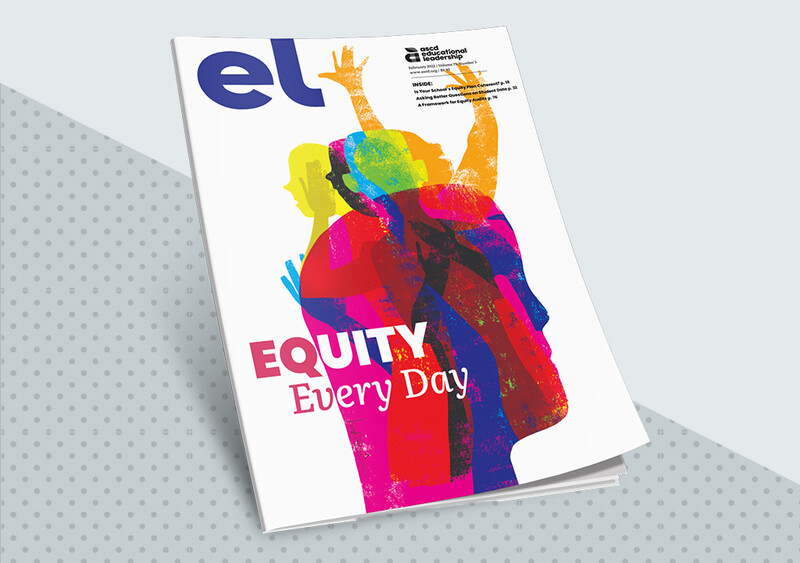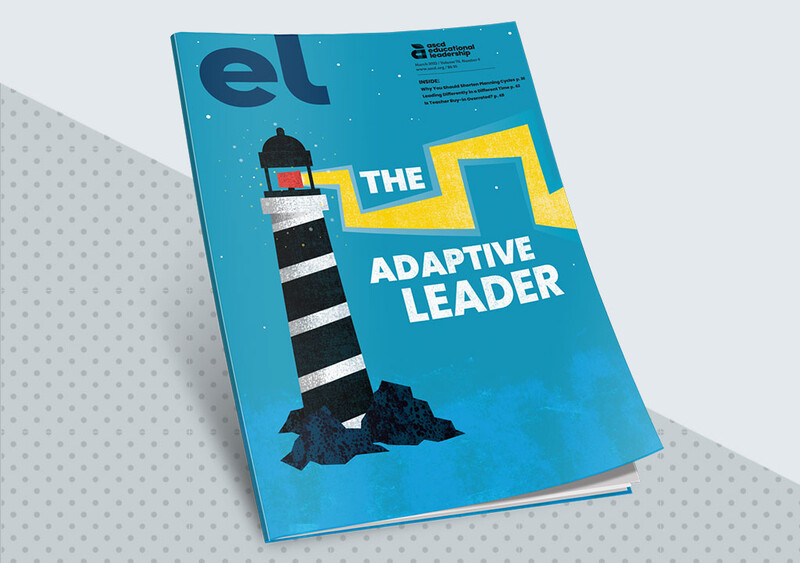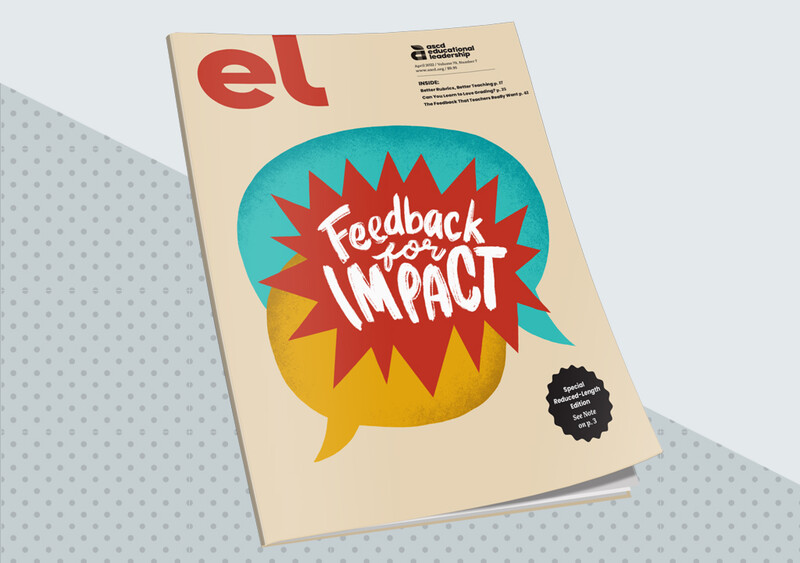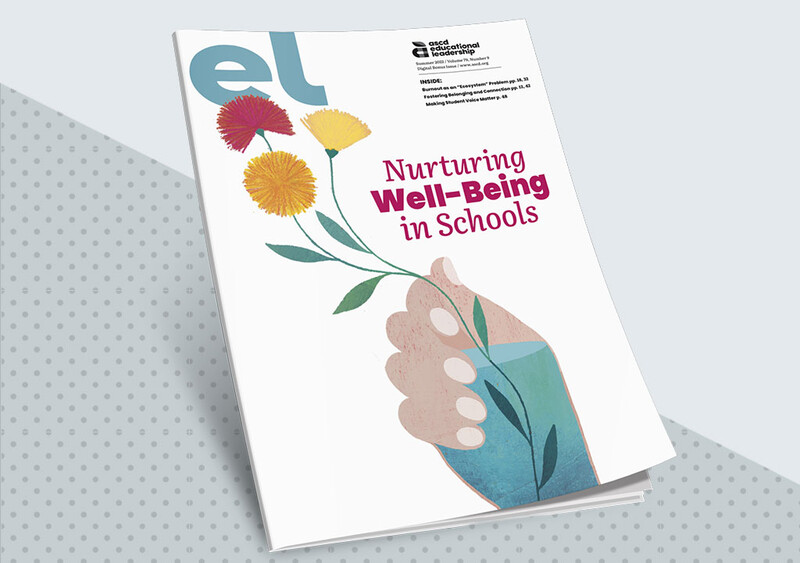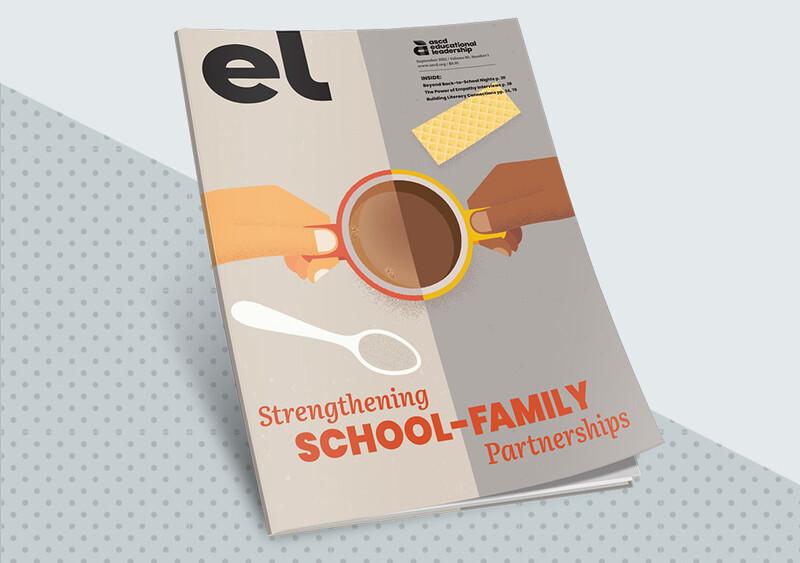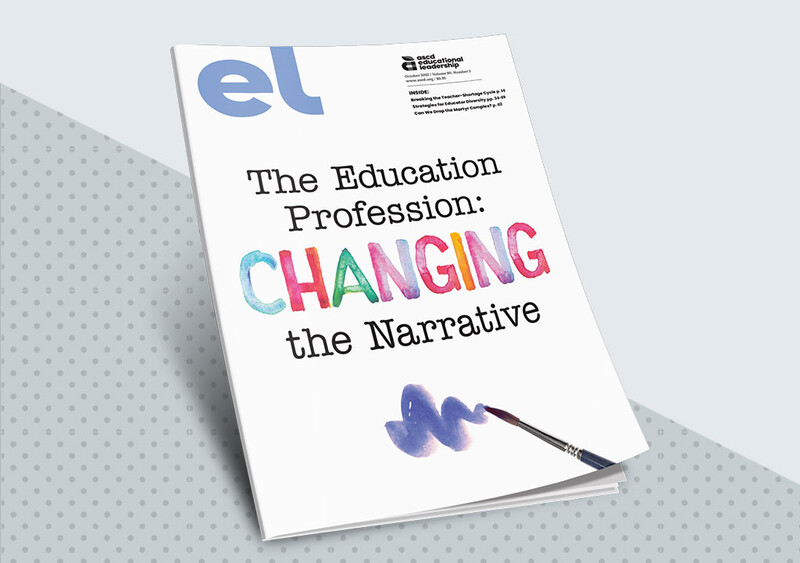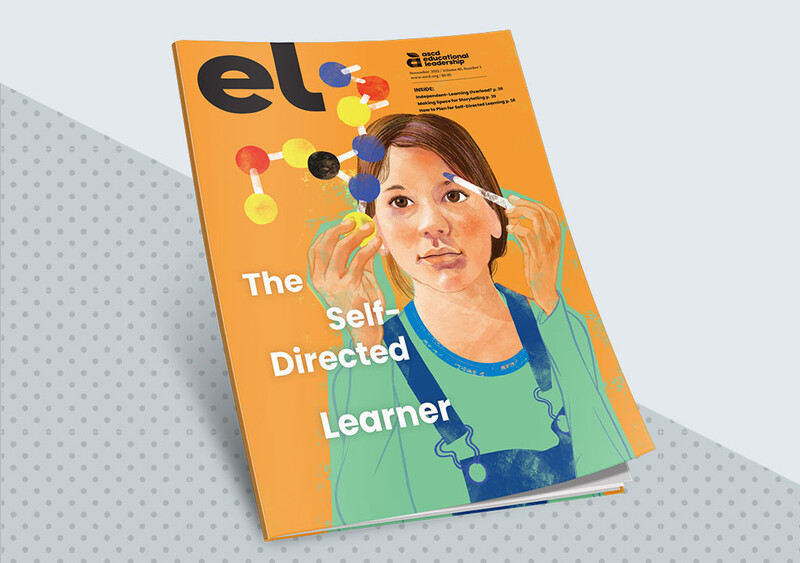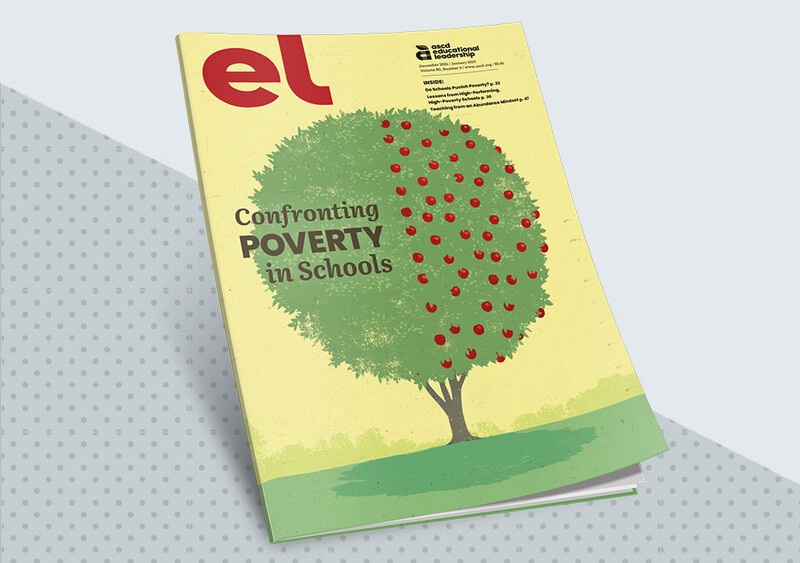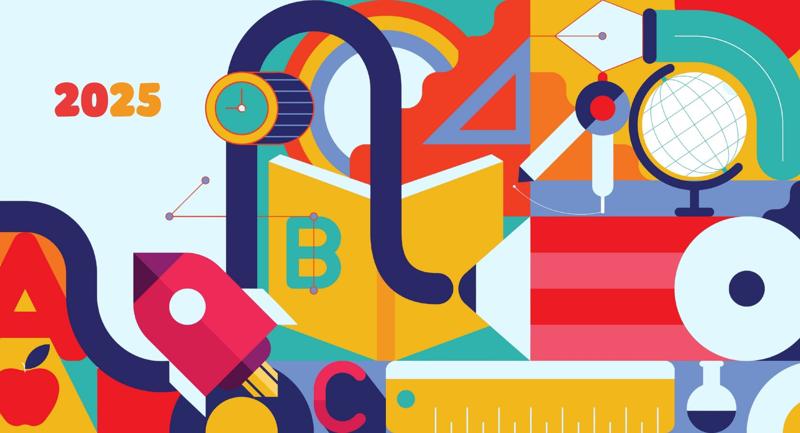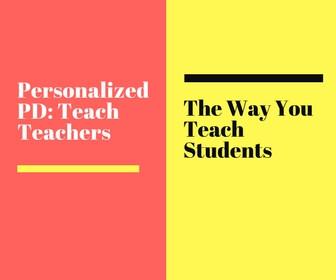From immediate, practical teaching and leading strategies to guidance on sustainable, systemic change, Educational Leadership’s most-read articles of 2022 sought to engage readers and provide them with needed tools drawn from expert teachers, leaders, coaches, researchers, consultants, and more.
This year saw an increased focus on issues like teacher burnout, the necessity of prioritizing well-being, and what’s required to increase retention for all educators, as well as classroom-based strategies to help students develop skills in self-directed learning, adaptable problem-solving, and the ability to confront and discuss complex societal issues.
From more than 108 feature articles, 70 columns, and 20 online exclusives, here are the most popular articles from each issue of this year’s magazine:
Anxiety can present a roadblock to student engagement and success—and COVID-19 has only exacerbated this effect. In the Engage and Motivate! issue, published during a time when school environments and learning modalities were in rapid flux, authors Jessica Minahan, Kristen Jacobsen, and Sarah Ward discuss how anxiety impacts executive functioning, holding students back from being fully engaged. By offering strategic accommodations, educators can help anxious students develop the persistence and independence they need to regain focus. This article also made the #Top10EL list in 2021. Strategies for boosting student engagement and helping students find meaning in the learning process.
Incremental solutions to inequities don’t address the bigger picture of injustice in education, write Paul Gorski, Marceline DuBose, and Katy Swalwell in the February issue, Equity Every Day. Effectively addressing equity means recognizing it as an institutional concern rather than an interpersonal one and responding with deeper, more systemic changes that acknowledge root causes. Taking equity “leaps” requires “deliberate, bold thinking and action” aimed not at reducing controversy but at transforming what justice looks like in education spaces. The authors outline four shifts in thinking that can help educators “stretch our strides, deepen our equity convictions, and leap, strategically but surely, toward justice.” Creating and sustaining school cultures that are driven by institutional equity.
In the March issue, The Adaptive Leader, author and leadership coach Robyn Jackson explains why 90-day improvement plans are more effective than longer-cycle, annual ones. Shorter planning cycles can be more focused and more flexible—they allow schools to better forecast what’s needed in the near future, adapt as needed every 90 days, celebrate wins throughout the year, and zero in on a controlled and manageable scope of work. Jackson details what a strong plan looks like in action and how to stay accountable to it, helping educators bring their vision to life one 90-day cycle at a time. Flexible and effective responses leaders can take when facing challenges in education today.
In Feedback for Impact, the April issue, professors Thomas Guskey and Laura Link describe the five most effective forms of feedback on instruction for teachers. Drawing on the results of their own study, the authors detail how teachers can seek feedback on student learning from school leaders, coaches, and colleagues in professional learning sessions that is trustworthy, timely, and targeted but nonjudgmental so they know where and how to improve. When feedback provides useful information delivered in meaningful ways, it gives teachers “direct evidence that their work makes an important difference.” Feedback as a tool for improving student learning, empowering educators, and fostering school cultures aimed at growth.
Students must be prepared for an unpredictable and changing world. By folding five thought processes into everyday assignments, educators can help students build necessary skills for a dynamic future, such as critical thinking and adaptability. In the May issue, Ready for the Real World?, authors Jay McTighe, Harvey Silver, and Abigail Boutz identify Inquiry, Design, Evaluation, Argument, and Systems Analysis (“IDEA”) as complex thinking processes that “are integral to contemporary and future problem solving and should be an integral part of a modern education—built into the curriculum by design.” Guidance and skills to prepare students for the realities of the world beyond the classroom.
Self-care doesn’t cut it when it comes to addressing the systemic forces that contribute to teacher burnout, author and instructional coach Chase Mielke explains in the summer issue, Nurturing Well-Being in Schools. Rather than placing the burden of self-care on individual educators, Mielke reminds readers that burnout must be addressed systemically. School leaders can start making a difference by swapping short-term, solution-based initiatives for long-term practices that build teacher efficacy and “value people over programs.” Prioritizing well-being across school communities to foster healthier and safer learning environments.
No two families are exactly alike, so why should schools use cookie cutter family engagement strategies? In the September issue, Strengthening School-Family Partnerships, Hadley Bachman and Barbara Boone describe how to apply a multi-tier model to family engagement. This approach organizes services and supports into differentiated tiers, creating an engagement plan that can adapt to what different families need in different situations. It’s flexible, equitable, and mutually beneficial because it’s based on a joint partnership between educators and families who are both aiming for student success. How leaders and educators can genuinely engage families so students thrive.
In October’s issue, The Education Profession: Changing the Narrative, learning scientist Justin Reich argues that less is more: “We need to look closely at our schools and figure out everything that we don't need to be doing anymore.” Focusing on what can be subtracted from educators’ overwhelming workloads and packed schedules can make room for what’s most important. As Reich explains, schools are complex systems that are not easy to streamline, but doing so—by subtracting a few rules, bureaucratic steps, or curricular demands—can bring focused time and renewed energy to core school necessities. Reimagining the profession to improve educators’ working conditions, job satisfaction, and professional status.
As part of the November issue, The Self-Directed Learner, coach Jim Knight tackles an especially tough—but necessary—conversation: how to talk to teachers about their own practice, especially since teaching can be so tied to an educator’s sense of self. Knight emphasizes four “ingredients” of identity and how these play into the human impulse to defend ourselves against critique. Instead of assuming a teacher’s intentions, coaches can focus on action and impact—not why a teacher opted for a particular strategy, for example, but the effect that action had. Doing so can transform sensitive conversations into nonjudgmental discussions that lead to improvement. Practical strategies to help students take ownership over their learning and amplify their voices.
For vulnerable students, including those experiencing poverty, traditional classroom discipline can cause more harm than good. Conversely, when educators proactively model behavioral norms, they set standards for what learning should look like and turn unwanted behaviors into opportunities for students to learn. In the December/January issue, Confronting Poverty in Schools, education consultant Scott Ervin says behavioral leadership helps students know exactly what to expect in the classroom—equipping them with an understanding of teachers’ expectations while helping them feel calmer and safer as they learn. How educators can better support students experiencing economic instability and marginalization.
Premium online access to EL articles is available to all ASCD members.
